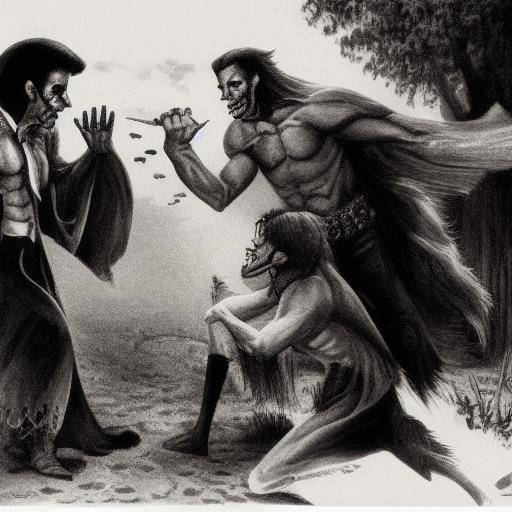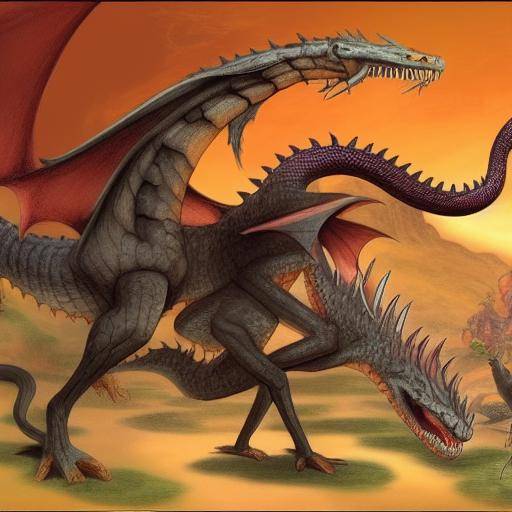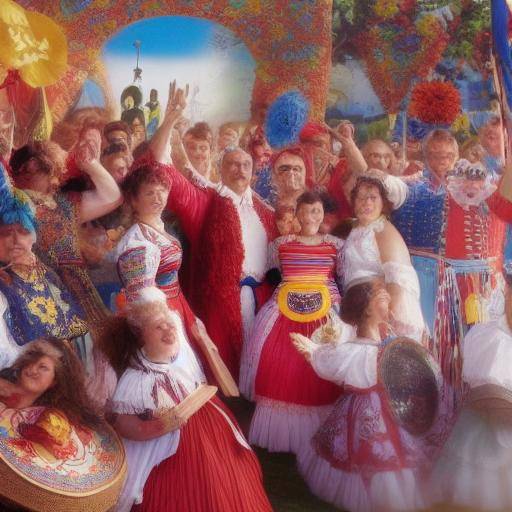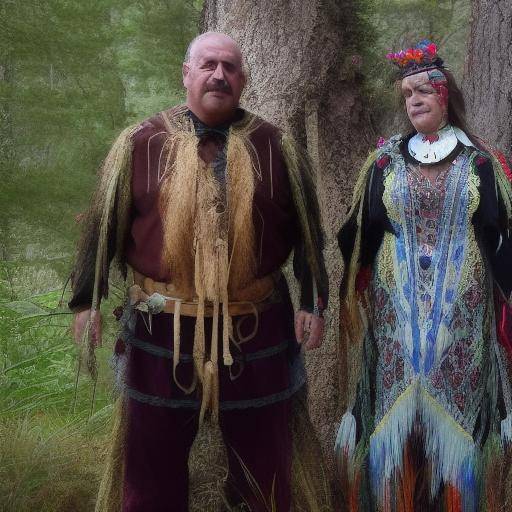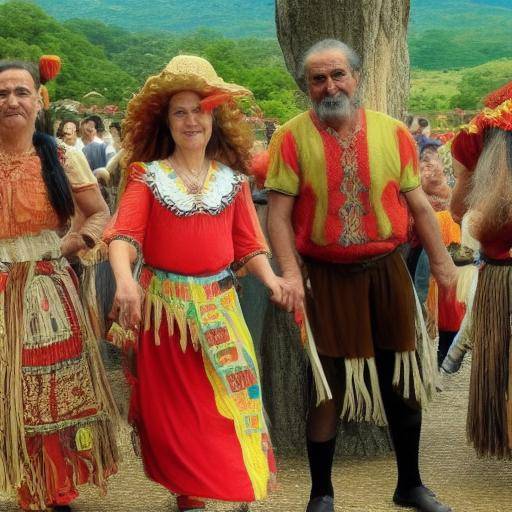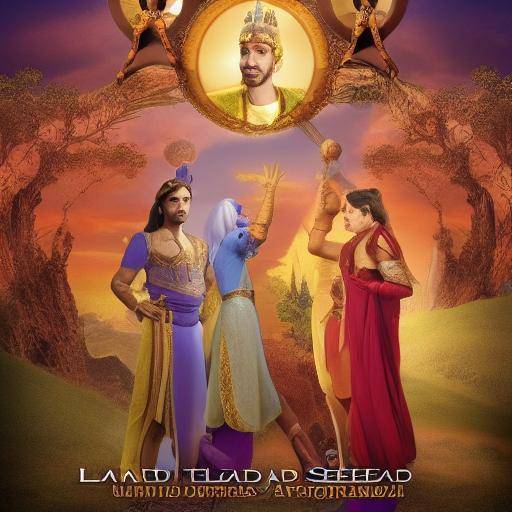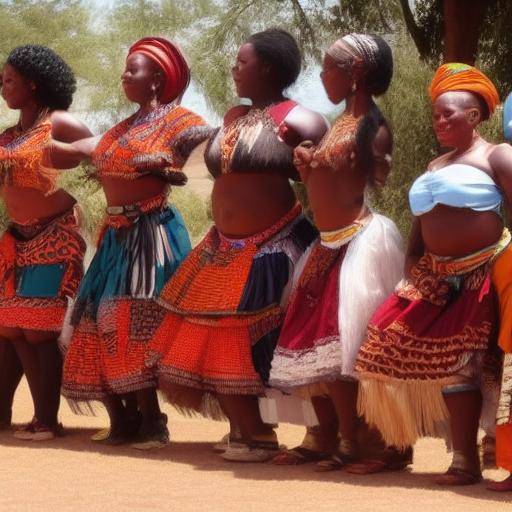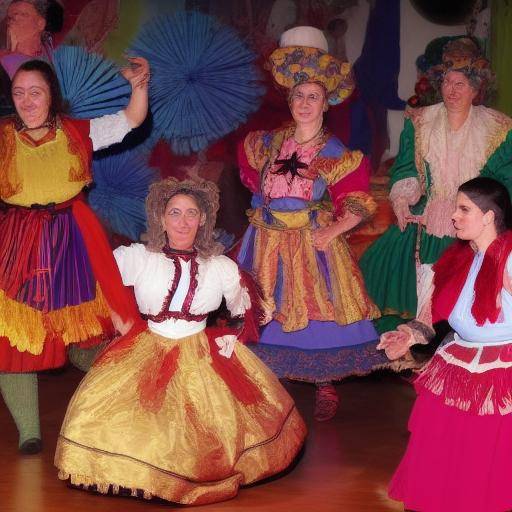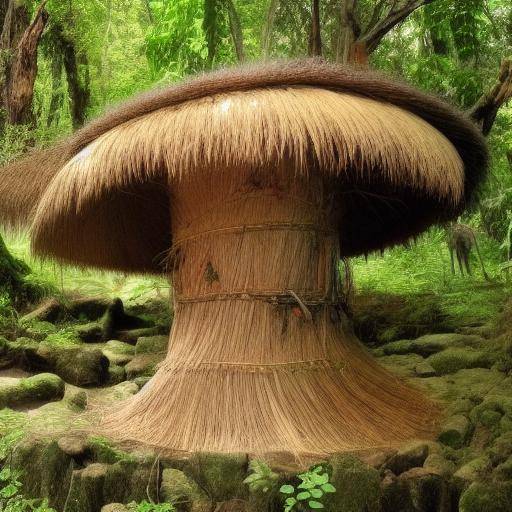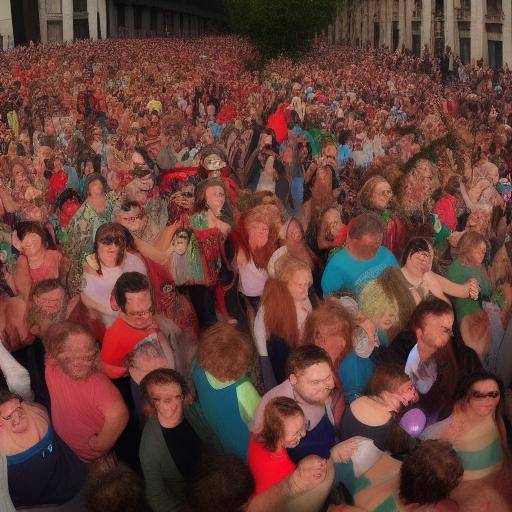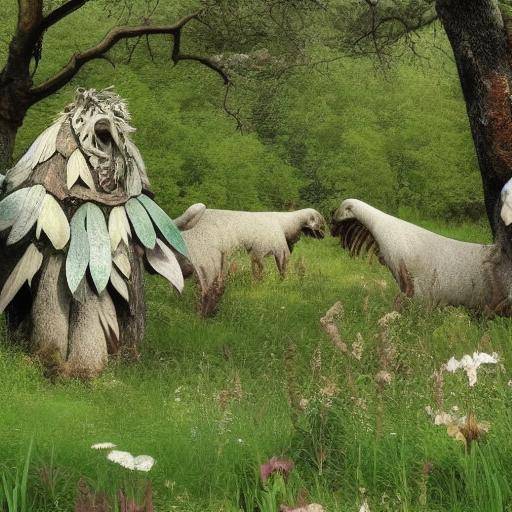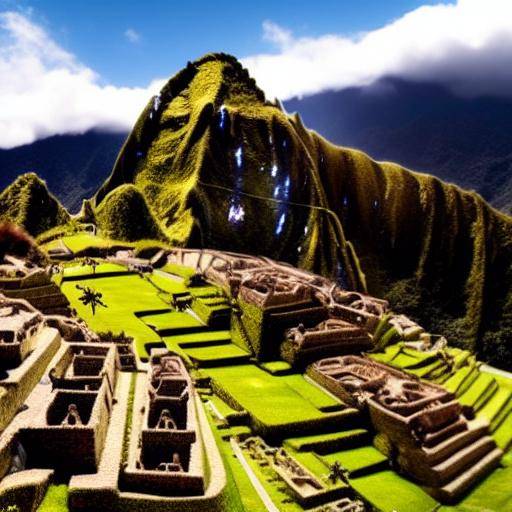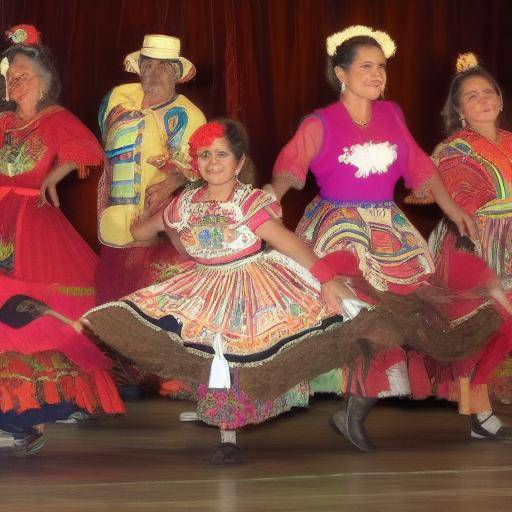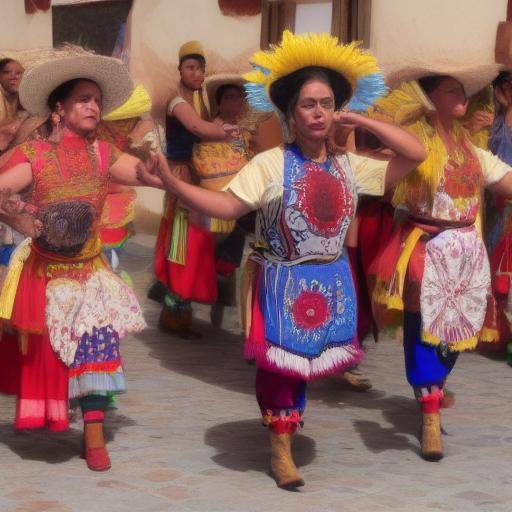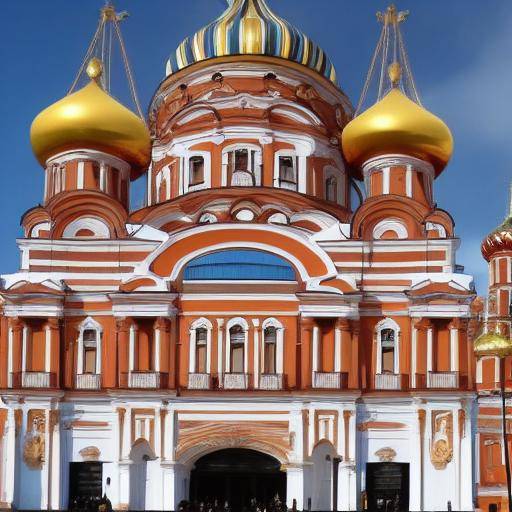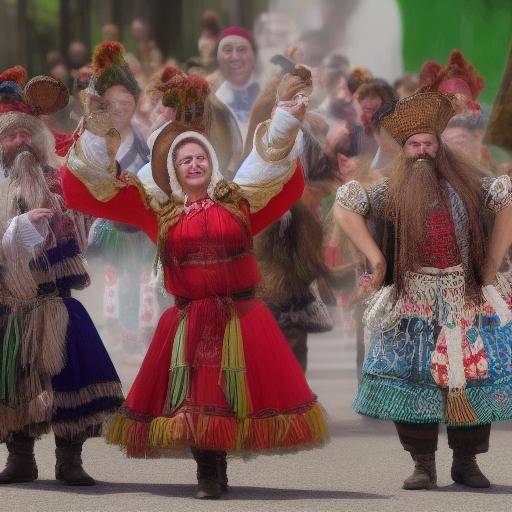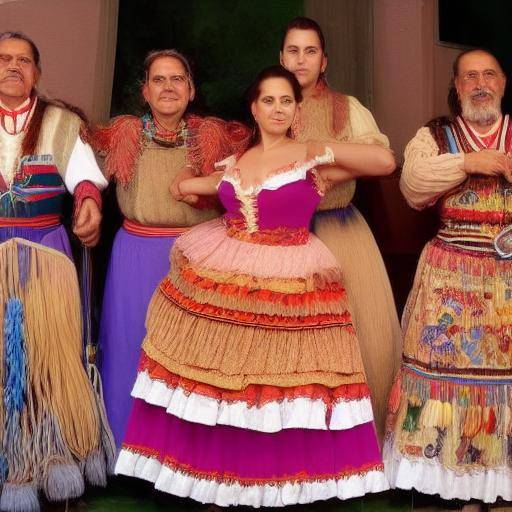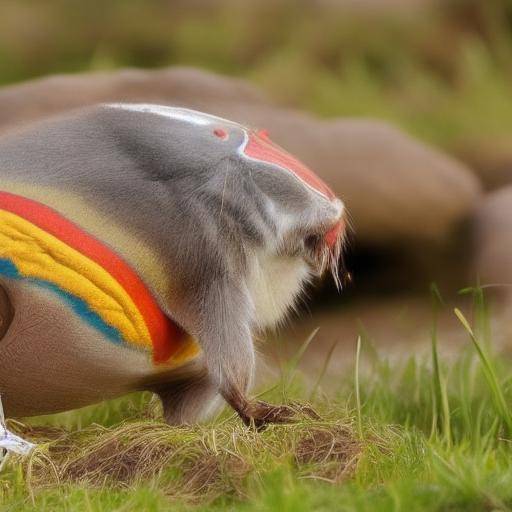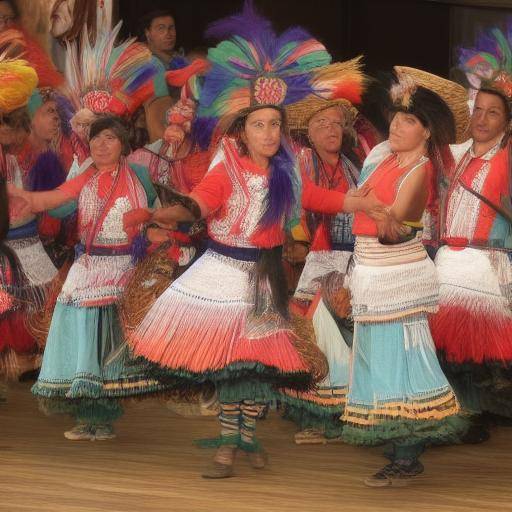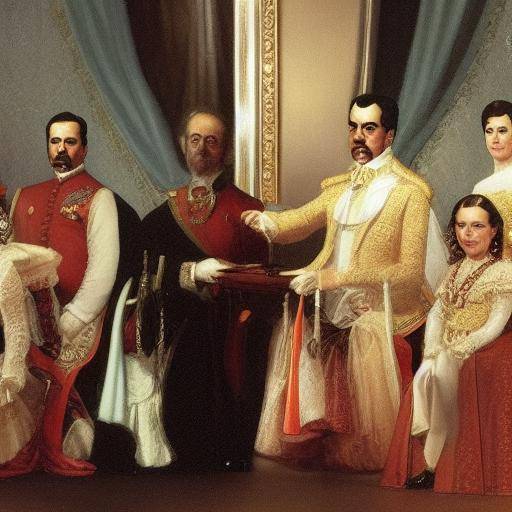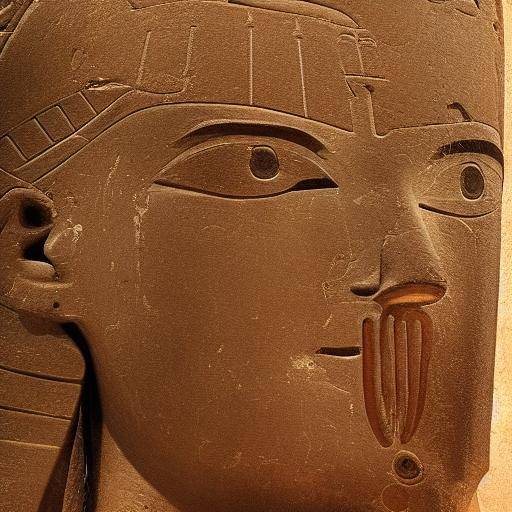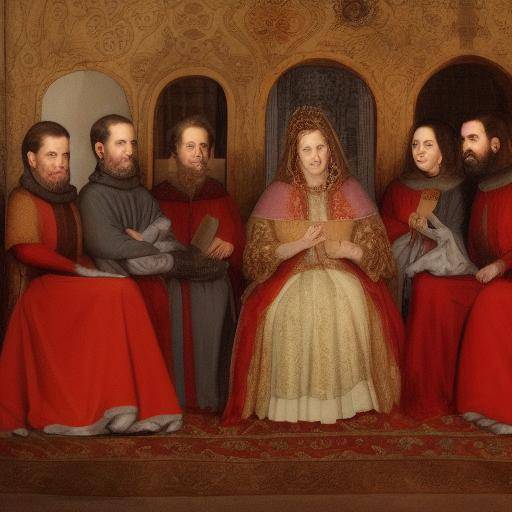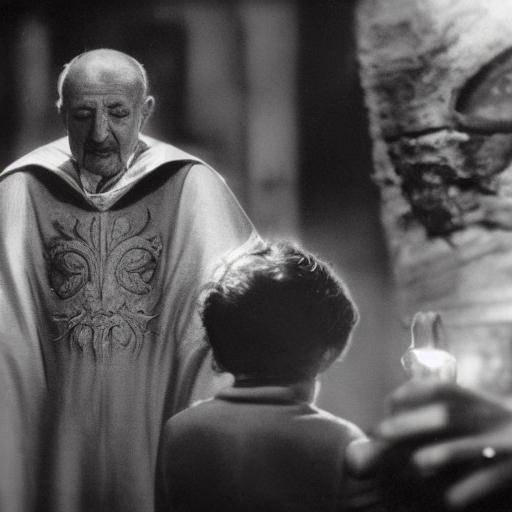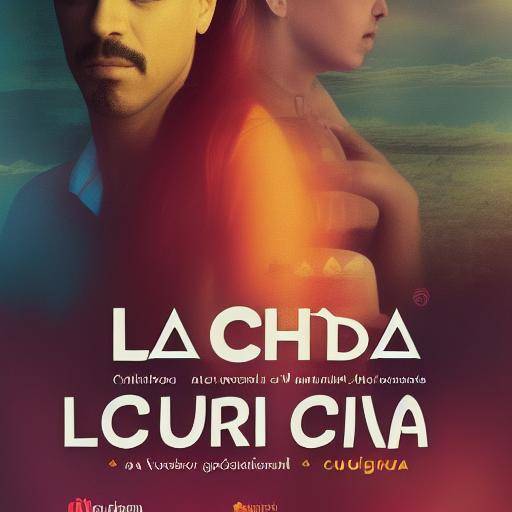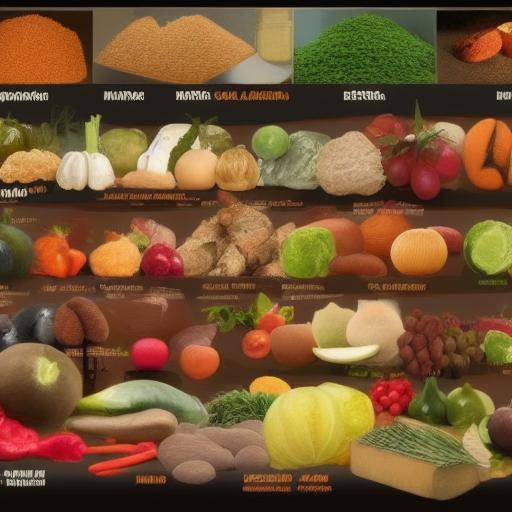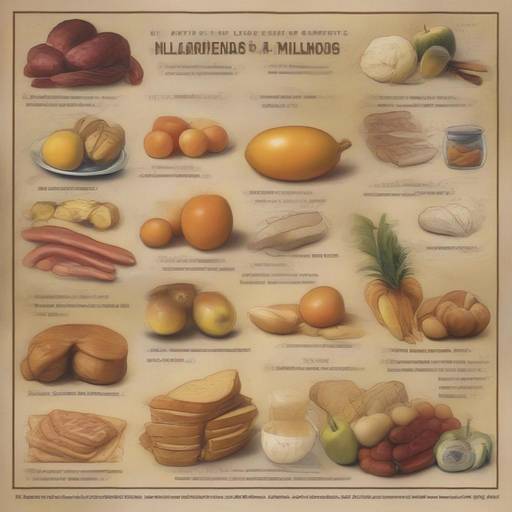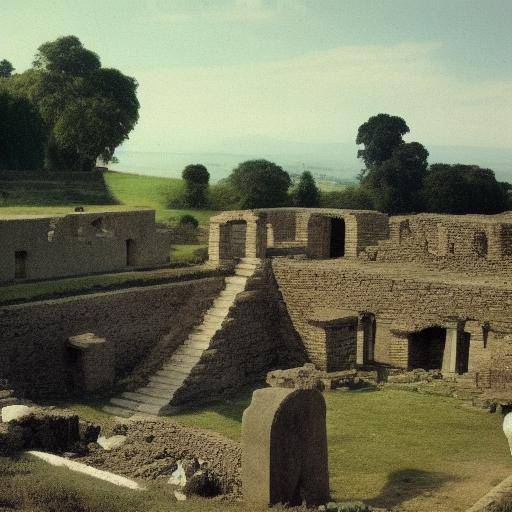
The gods and goddess of fertility have been a fundamental part of the beliefs and mythologies of ancient civilizations around the world. These deities, venerated by their ability to foster fertility on earth, crops, animals and people, occupy a central place in the history of humanity. In this article, we will explore in detail the gods of fertility in ancient civilizations, their influence, associated myths and their historical and cultural relevance.
Introduction
Since time immemorial, ancient cultures have attached great importance to fertility as a vital element for survival and prosperity. In this context, the gods and goddess of fertility emerged as divine figures whose influence extended to all aspects related to reproduction, agriculture and life itself. By exploring these deities in the various ancient civilizations, it is possible to better understand their beliefs, values and the way they perceived the world around them.
History and Background
The roots of the worship of the gods of fertility go back to the oldest civilizations of human history. In Mesopotamia, the goddess Inanna (also known as Ishtar) was venerated as the divinity of fertility, love and war. In ancient Egypt, the god Osiris was associated with fertility, agriculture and life after death, while the goddess Hathor was considered the mother of fertility and the jewel of the universe.
On the other hand, in ancient Greece, the goddess Deméter personified the creation of life and the fertility of the earth, being venerated at festivals like the Eleusinias. In Roman civilization, the goddess Ceres, equivalent to Deméter, was the deity of agriculture and the fertility of the earth. These examples are only a sample of the importance and presence of the gods of fertility in ancient civilizations.
Detailed Analysis
The veneration of the gods of fertility was not simply a question of religious worship, but also had profound implications in the way these civilizations organized their society and economies. Belief in divine influence on nature and fertility led to the development of ritual complexes, festivals and agricultural practices that sought to ensure the favor of these deities to promote prosperity and well-being.
Moreover, the myths associated with these deities not only offered explanations about nature and life, but also provided a symbolic framework for understanding the complexities of human existence. The story of Osiris and his resurrection, for example, symbolized the cycle of life, death and rebirth, while Inanna myths explored themes of love, death and renewal.
Exhaustive examination
Practices and beliefs related to the gods of fertility in ancient civilizations have not only left a lasting cultural legacy, but have also influenced how contemporary societies understand the relationship between humanity and nature. Reverence towards fertility and life is a recurring theme in religious and cultural traditions around the world, which demonstrates the lasting impact of these old deities.
By comparing and contrasting the different manifestations of the gods of fertility in ancient civilizations, we can appreciate the varied interpretations that cultures have given to this fundamental concept. In this way, these deities are not only symbols of the capacity of nature to sustain life, but also manifestations of the deeper values, aspirations and fears of humanity over time.
Conclusions and FAQs
In short, the gods and goddess of fertility in ancient civilizations represent an integral part of human lacosmovision, reflecting the deep connection between life and divinity in different cultures. In understanding the historical, cultural and symbolic importance of these deities, we can gain a more comprehensive view of the beliefs and practices that have shaped humanity over the centuries.
Frequently asked questions
1. What are some additional examples of fertility gods in ancient civilizations?
In addition to those mentioned in the article, other examples include the goddess mother Cybele in the ancient Anatolia, the god of Freyr fertility in the Nordic mythology and the goddess of Coatlicue fertility in the Aztec culture.
2. How were beliefs reflected in the gods of fertility in the everyday practices of ancient civilizations?
Beliefs in the influence of the gods of fertility were reflected in fertility rituals, agricultural festivals, sacrifice offerings and ceremonies to invoke the divine blessing on earth and crops.
3. How do beliefs impact the gods of fertility in contemporary societies?
Although religious practices have evolved, reverence towards fertility and life is still reflected in celebrations, festivals and traditions that honor nature and renewal.
4. Is there any connection between the gods of fertility and the mythology of creation?
Yes, fertility and creation are often intertwined in myths, symbolizing the divine power of nourishing and giving life through processes of gestation and birth in nature.
5. What role did the gods of fertility play in the context of families and human reproduction?
These deities were invoked to ensure the fertility of women, the prosperity of families and the birth of healthy children, being central to everyday life and the aspirations of communities.
6. How did myths associated with the gods of fertility influence the literature and art of ancient civilizations?
Myths related to fertility found expression in artistic and literary forms, such as sculptures, paintings and poems, which celebrated the power and influence of these deities in human life and well-being.
Conclusion
In conclusion, the gods and goddess of fertility in ancient civilizations have left a lasting legacy that transcends time and cultures. His influence has permeated the human worldview, inspiring beliefs, practices and artistic expressions that resonate in history and the present. By exploring reverence towards fertility in the context of these deities, we can enter into the depths of human experience and the ways in which we have sought to give meaning to the mystery of life.
In short, worship of these deities is not only a testimony of the importance of fertility for ancient civilizations, but also a reflection of the deep connection between humanity and nature. Through beliefs in the gods of fertility, ancient cultures gave us a legacy of reverence, gratitude and hope for the vitality and renewal in the world we live in.
With this reflection, it is possible to understand the lasting legacy of the gods and goddess of fertility in ancient civilizations and how they continue to inspire our understanding of life, fertility and interconnection between humanity and the natural world.


